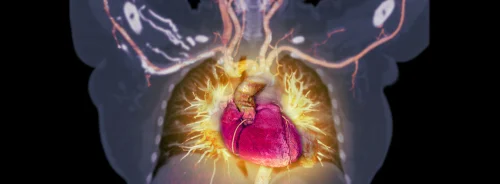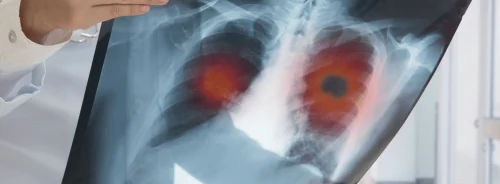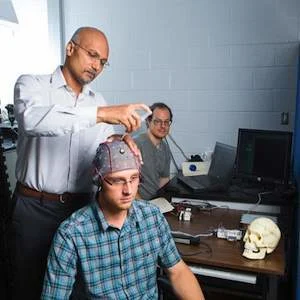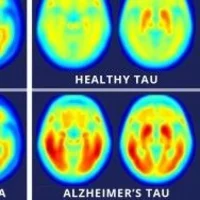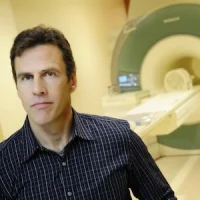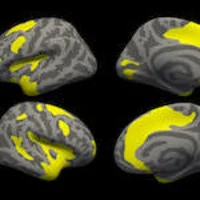The National Science Foundation has awarded a $6 million grant to researchers in Kentucky, Oklahoma and Rhode Island to develop innovative and broadly accessible brain imaging technologies that could provide greater insight into how the nervous system functions in health and disease.
The project is a collaboration between investigators at the University of Kentucky, University of Oklahoma, and the University of Rhode Island. The team will work towards establishing a technology platform with innovative tools to image, sense, record, and affect real-time brain function and complex behaviour. Other participating institutions include Kentucky State University (KSU), University of Oklahoma Health Sciences Center, Laureate Institute for Brain Research, and The Warren Alpert Medical School of Brown University/Rhode Island Hospital.
"The technology that is developed may be the engine for other health-related grants or diagnostic/therapeutic tools that are meant to improve quality of life for patients who endure brain-related ailments such as stroke, spinal cord injury, sleep disorders, or epilepsy," said Sridhar Sunderam, assistant professor in the UK Department of Biomedical Engineering and co-principal investigator of the project.
The consortium will develop an integrated, noninvasive, portable, multimodal system with hardware and algorithms for brain imaging and stimulation that incorporate functional near-infrared spectroscopy (fNIRS), Laplacian electroencephalography using tripolar concentric ring electrodes (tEEG), and transcranial focal electrical stimulation (TFS).
Each team will focus on a specific area. For example the Rhode Island team will work on hardware development and the Kentucky and Oklahoma teams will develop algorithms and explore applications that could benefit from the new systems.
The team at UK, led by Sunderam, will develop algorithms and test interactive protocols for modulating the sensorimotor rhythm of the brain using a BMI. Other team members will focus on cardiac entrainment by auditory stimuli, optical imaging and cognitive neuroscience.
The investigators will compare hardware developed by the Rhode Island team with off-the-shelf equipment for fNIRS and EEG imaging.
The UK team will involve other personnel and several students at UK and KSU because an integral part of the plan is to perform educational activities across the spectrum in order to spark an interest in brain science and to develop manpower and infrastructure for the future.
Source: National Science Foundation
Image Credit: Dr. Sunderam
Latest Articles
brain imaging, NSF grant, brain signals, disease, nervous system functions
The National Science Foundation has awarded a $6 million grant to researchers in Kentucky, Oklahoma and Rhode Island to develop innovative and broadly accessible brain imaging technologies that could provide greater insight into how the nervous system fun

